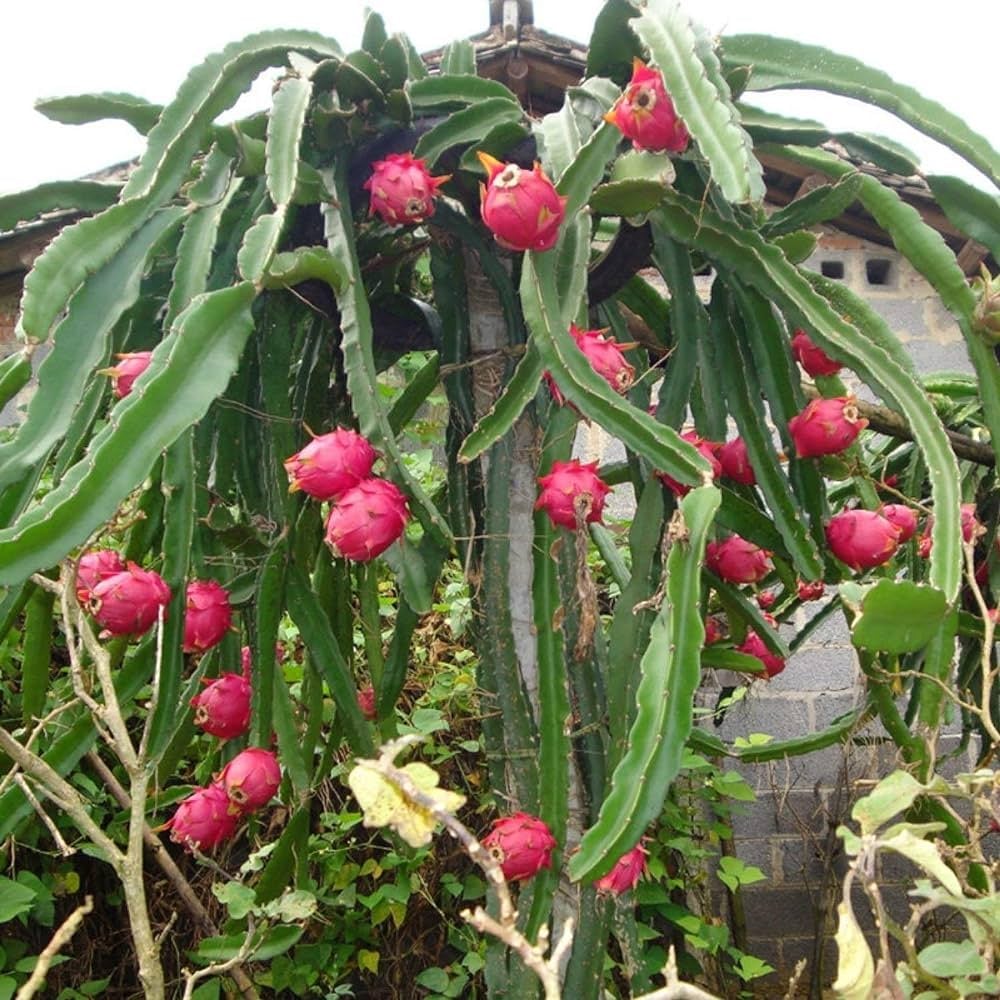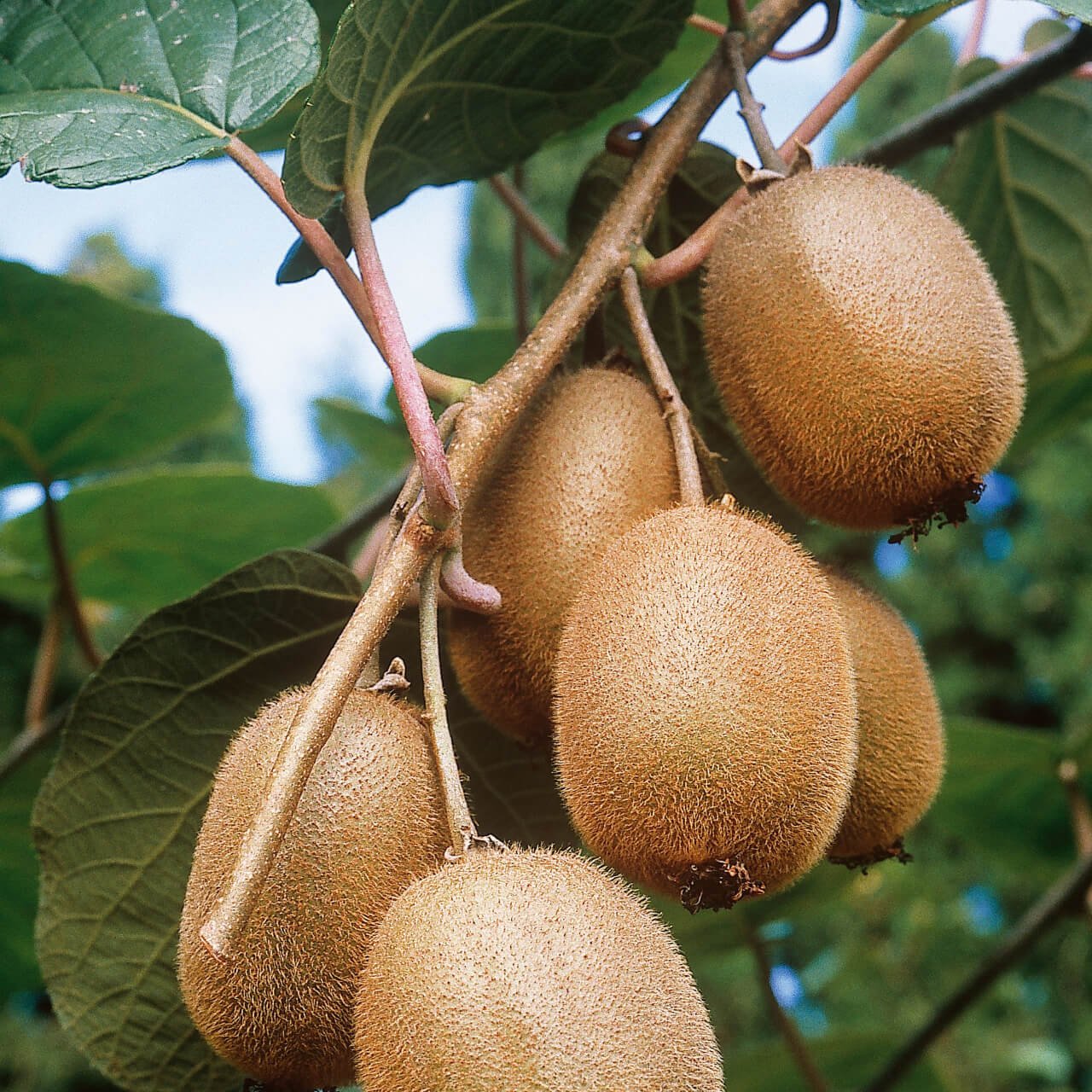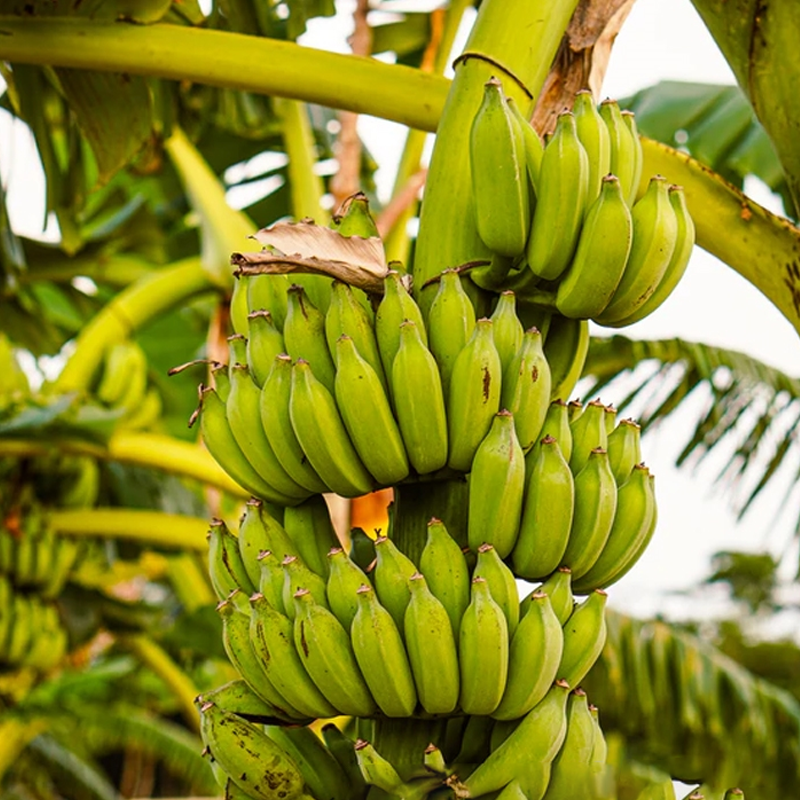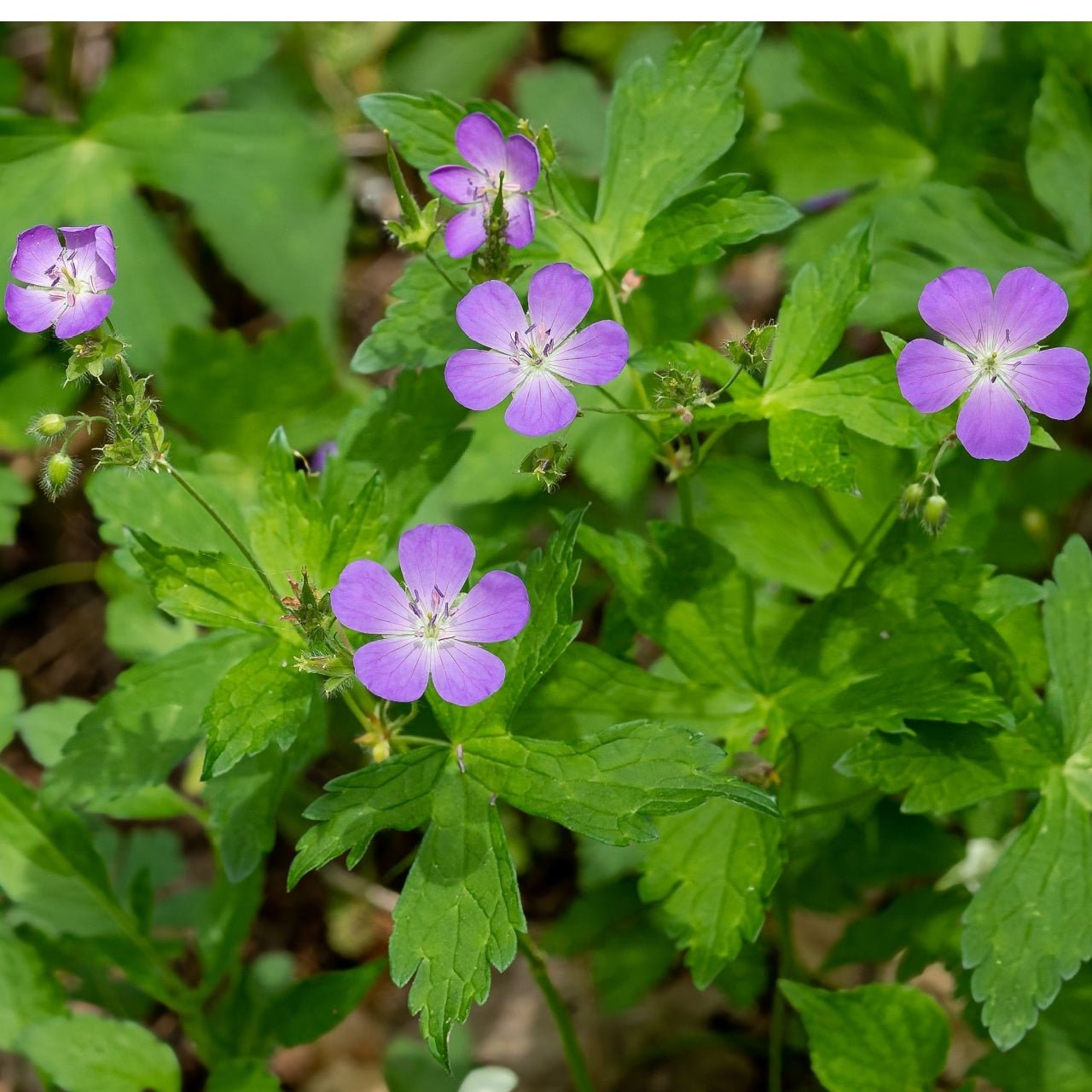



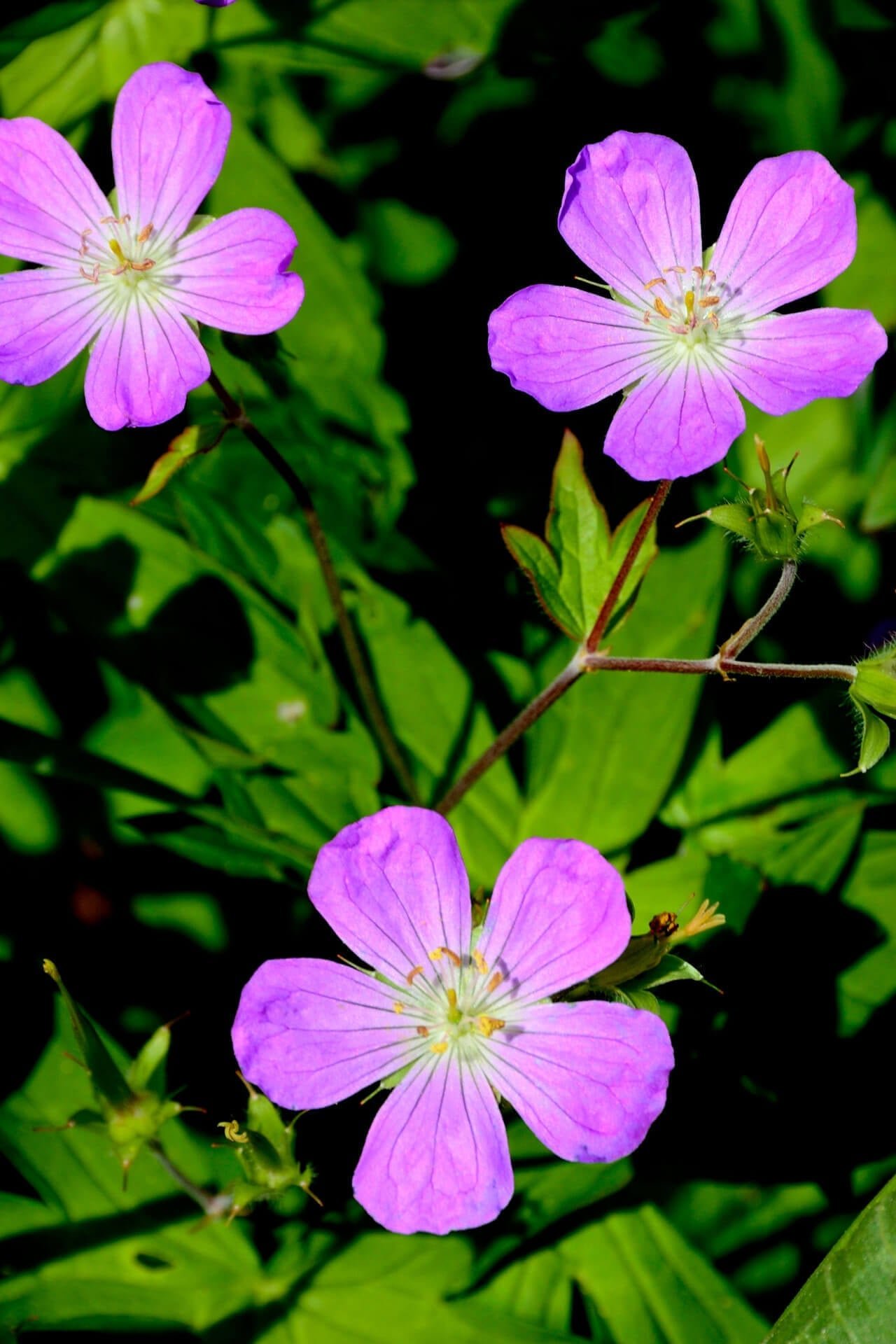
Wild Geranium
Offers ground cover for erosion control
Attracts pollinators like bees and butterflies
Thrives in various soil types
Thrives in
ZONE 3ZONE 4ZONE 5ZONE 6ZONE 7ZONE 8This plant ships:
Ships Now (5-7 Days)Wild Geranium - Geranium Maculatum
Wild Geranium is a native perennial plant with deeply lobed, palmate leaves and delicate, pink to lavender flowers that resemble small crane's bills. It is often found in woodlands and meadows and offers several positive landscaping uses. Its natural beauty, adaptability, and ecological benefits make it a valuable addition to gardens and naturalistic landscapes.
It is proof that great things can come in small packages. Its flowers may only be about an inch, but their delightful display always wins smiles. Interestingly, this plant offers showy leaves and blooms.
Characteristics Of Wild Geranium
Formally known as the maculatum, these woodland perennials produce hairy, unbranched stems that can stretch up to 24 inches in height. They are generally either green or reddish. The visually compelling leaves are vibrant green, toothed, and deeply palmately lobed. Most feature five lobes, but some have seven. These leaves measure between three and six inches in length and width. The leaves at the bottom are larger and have coarse hairs. Those at the top of the plant are more delicate and have finer hair.
What Do the Flowers of Wild Geranium Look Like
They bloom in late spring or early summer. Each upright stem produces a cluster of two to five blooms. The saucer-shaped flowers generally measure one inch in size but can reach up to three inches. They are composed of five petals. In addition, they have ten yellow stamens and five green sepals that encircle their pistils.
What Color Blooms Does It Produce
They are in shades of pink or lavender. However, whites, blues, reds, and burgundies are also possible. While the flowers may appear solid at first glance, a closer look will often reveal that darker lines run from the bloom's center to the edge of the petal. Many popular flowers have multiple names, and these gorgeous gems are no exception. Why are they called cranesbills? The explanation may seem hard to spot, but a look at their picturesque seed pods can be revealing.
It Is A Great Option For Underplanting
After they bloom, they produce a charming fruit capsule. It has a long, central column, which imaginative people say resembles a crane's bill. Five basal cells with seeds form the rest of the crane's head. Colorful and full of cheer, they are fantastic additions to any garden. They work well in mass plantings and borders and attract pollinators, butterflies, and songbirds.
Does it Like Sun Or Shade
They prefer partial shade but are well adapted to full sun when provided with adequate moisture. They grow well in woodland environments.
Are they aggressive
They are not invasive and can grow well with other plants. They grow and spread in a way that does not overpower other species.
Are They Fast-Growing
It is moderately fast-growing and will root itself within one season. Once established, they develop dense clumps that expand through rhizomes.
What is the lifespan of them
They return year after year with proper care. Under suitable conditions, they can live for many years.
What Fertilizer Do They Like
Wild geraniums require the application of a balanced, all-purpose fertilizer in early spring. Remember not to over-fertilize.
This Is How Your Plants Will Look upon Delivery

Bloom Season
Spring
Bloom/Foliage Color
Pink
Height at Maturity
Over 12"
Care
Wild Geranium thrives in well-drained soil and benefits from regular watering to moisten the soil. Mulch around it to keep moisture and suppress weeds. Deadhead finished blooms to encourage continued flowering and prevent self-seeding.
Plant Reproduction
Wild Geranium spreads slowly by self-seeding and underground rhizomes.
Shipping date depends on the date displayed and chosen when you order from the product's page.
We only accept returns on plants verified dead. If you think your plants have died, we offer a 1 year warranty, please use this File a Claim Link to verify dead plants and start with return warranty process.






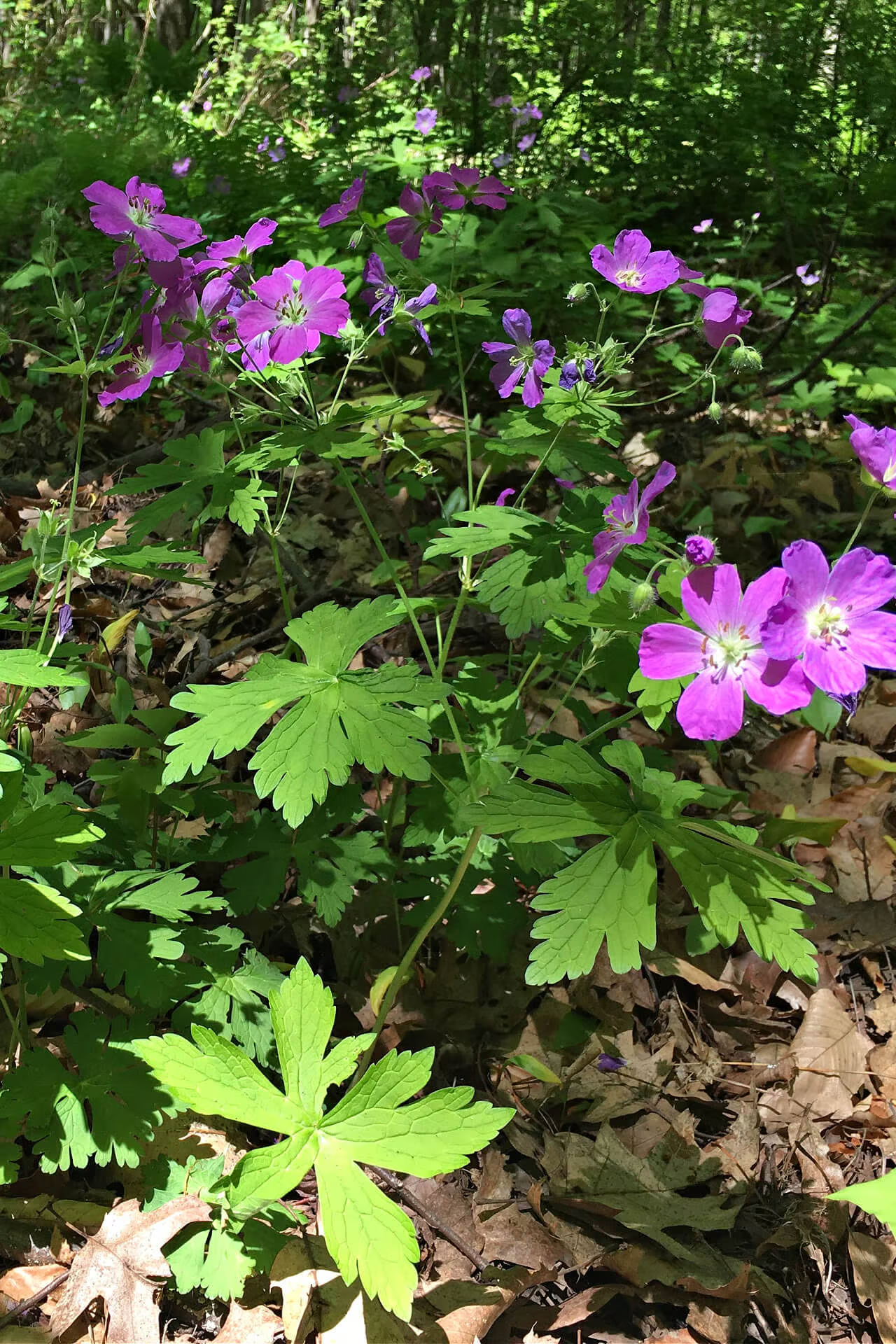
Charming Blooms:
Wild Geranium produces delicate pink to purple flowers that add a touch of elegance to any garden.
Pollinator Attraction:
Its vibrant flowers attract bees and butterflies, supporting a healthy garden ecosystem.
Seasonal Appeal:
Enjoy its beautiful blooms in spring and attractive foliage throughout the growing season for year-round interest.
Versatile Ground Cover:
Its spreading habit makes it an excellent choice for covering ground in shaded or woodland gardens.
Caring Tips
How do I care for my Wild Geranium?
Each box contains detailed care instructions and information about your product. But here's the basics.
Care Tips
Wild Geranium thrives in well-drained soil and benefits from regular watering to moisten the soil. Mulch around it to keep moisture and suppress weeds. Deadhead finished blooms to encourage continued flowering and prevent self-seeding.
Light Requirements
Wild Geranium (Geranium maculatum) thrives in partial to full shade. It prefers dappled sunlight or light shade, making it ideal for woodland gardens or areas with filtered light. Too much sunlight can make the plant struggle.
Hardy Planting Zones
3 • 4 • 5 • 6 • 7 • 8
Header
Use this content to share information about your store and products.
Frequently Asked Questions
How often should I water my plants?
How do I know if my plant is getting too much or too little sunlight?
What should I do to prepare my plants for winter?
What are the signs that my plant needs fertilizing?
How can I prevent pests from damaging my plants?
How do I choose the right plant for my climate zone?



